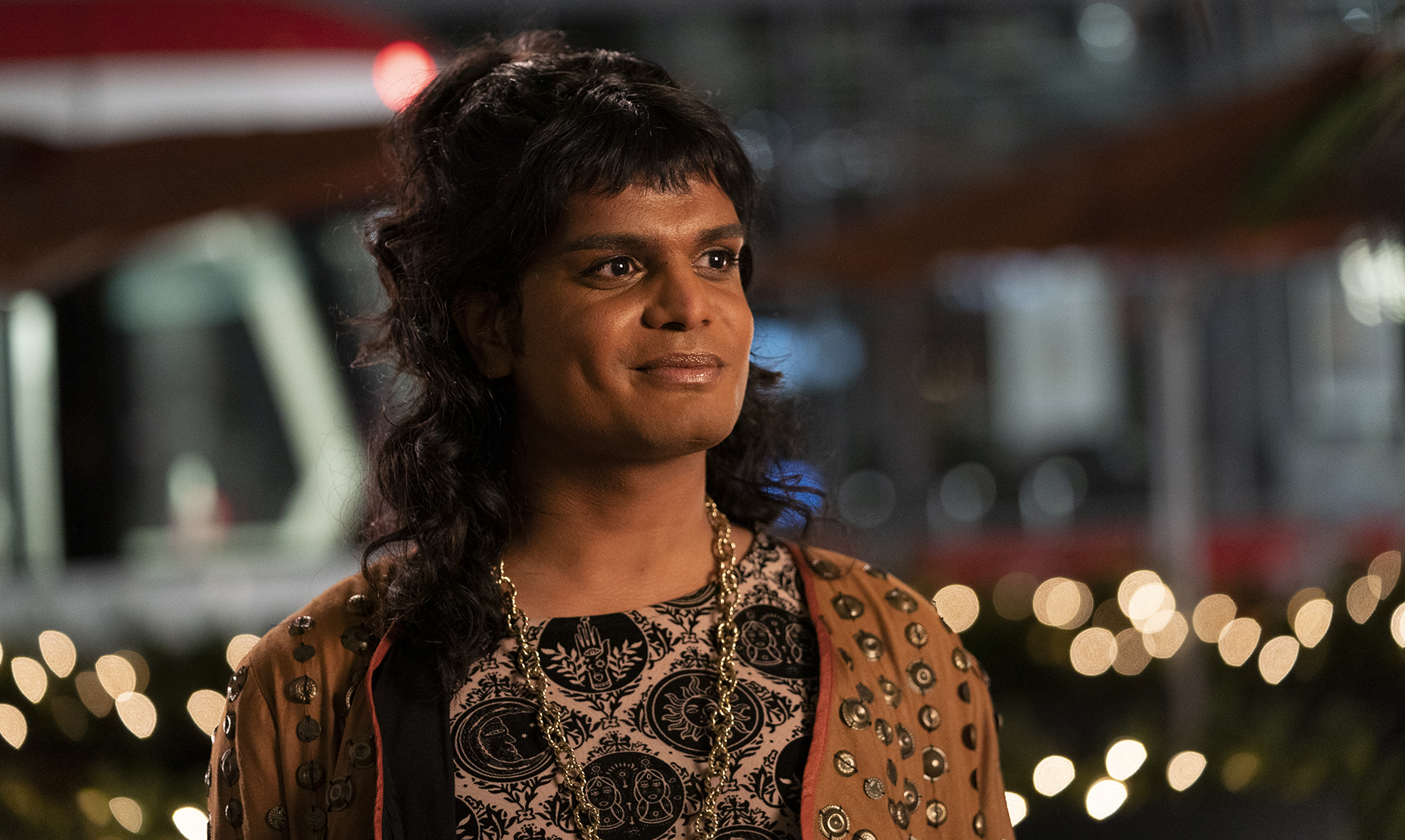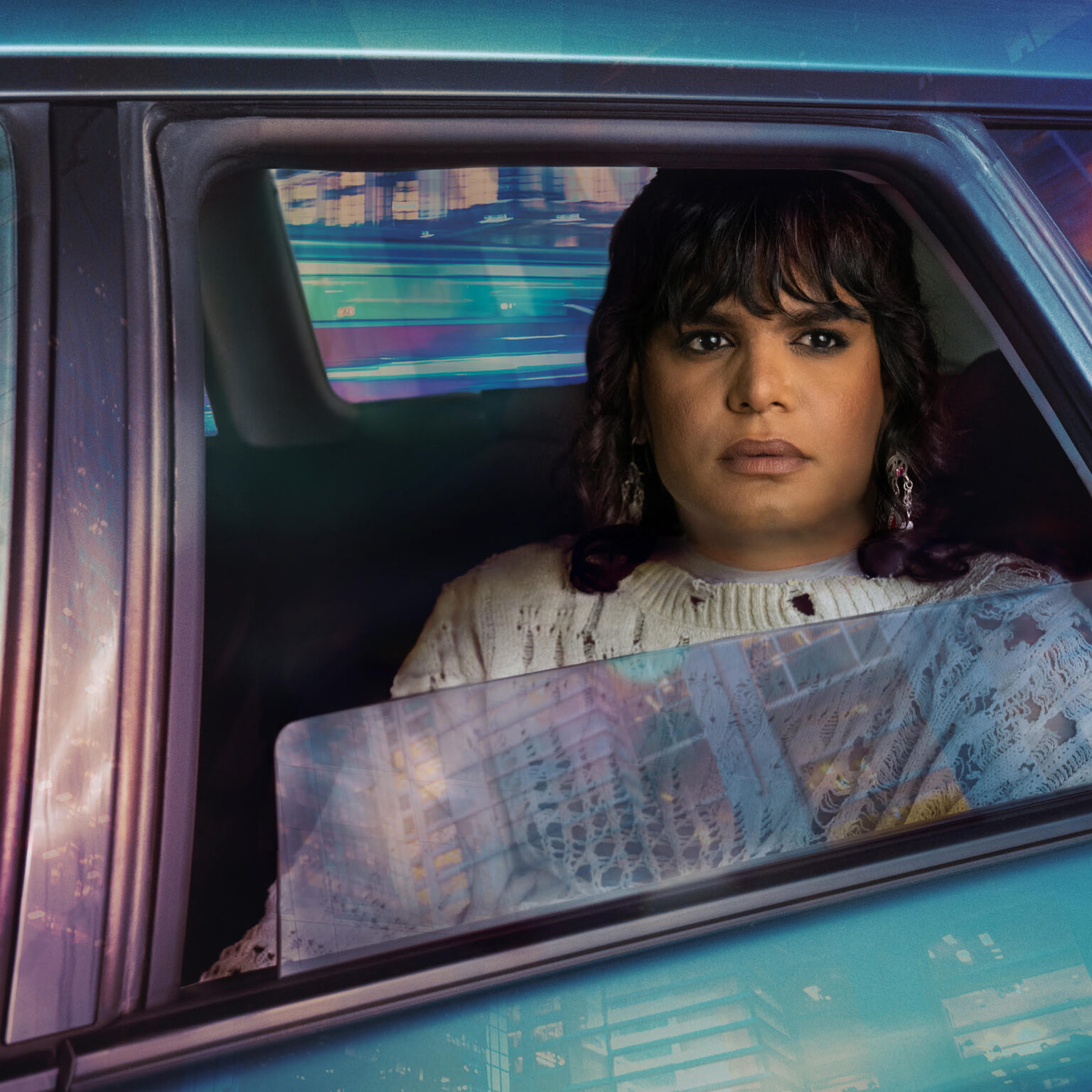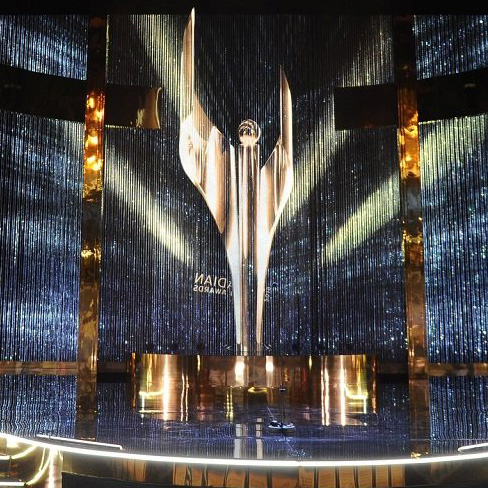For what feels like decades, people have been tweeting, essaying, and making documentaries about how Western cinema can—and should—do better when it comes to Asian and South Asian representation. Yet progress seems slow. In the past 10 years, Hollywood has only produced a handful of Asian-led TV shows (Fresh of the Boat and Never Have I Ever are just two examples) and even fewer Muslim-led TV shows (CBC’s Little Mosque on the Prairie went off the air in 2012, and Hulu’s Ramy is among the few current examples). In addition, it’s rare to see characters on TV who are Asian or South Asian and Muslim; it is even rarer to see queer South Asian characters or queer Muslims on TV.
To see a queer and South Asian and Muslim character on TV, then, feels like a far-fetched fantasy. But thanks to CBC’s new series Sort Of, that fantasy is finally being fulfilled.
Sort Of is a coming-of-age dramedy series that follows Sabi Mehboob, a gender-fluid 25-year-old who is trying to balance being the youngest child of an immigrant Pakistani family, a bartender at an LGBTQ+ bookstore/bar, and a nanny to a downtown hipster family. It stars Bilal Baig, a queer, trans-feminine, South Asian Muslim playwright, performer and workshop facilitator whose previous credits include their debut play Acha Bacha (published by the Playwrights Canada Press in 2020) and Kitne Saare Laloo Yahan Pey Hain.
Sort Of marks the first time a non-binary, South Asian, Muslim character is the protagonist of a primetime TV show. It also makes Baig the first queer, trans, South Asian Muslim person to lead a primetime TV show, not just as its lead character, but also as a creator, writer, showrunner and executive producer; Baig shares the latter four credits alongside Fab Filippo.
And Baig isn’t the only brown, queer, trans and non-binary person in the show’s credits. Sort Of boasts an incredibly diverse team, from its cast to its writer’s room to its soundtrack, which features several queer and BIPOC Toronto-based musicians including Truss, Säye Skye and Gay Hollywood. It’s a refreshing shift from Hollywood’s history of whitewashing writer’s rooms of seemingly diverse shows (ahem, Kim’s Convenience)—and casting cisgender actors to play trans characters, even when trans actors struggle to find work.

Sort Of’s diverse team ensures that the lived experiences of the characters are presented in an authentic and accurate way, down to small yet significant details—such as a scene in the very first episode where Sabi’s mom, Raffo, brings them Chicken Jalfrezi in a yogurt container.
“It was this beautiful relay of people understanding how important the smaller details are…that somebody could just see that one thing and feel so seen. That is so powerful,” Baig tells The RepresentASIAN Project on filming the scene. “In that moment, it was only about the brown people for me… we didn’t have to explain anything. And nobody was like, ‘Are you sure that’s clear?’…We had no problems.”
Baig admits the casting process, especially for some trans and non-binary characters, took work. However, it was work they were happy to do. “I think part of it is: first of all being really committed. If you want to cast diversely, if you want to cast community-specific, [you have] to really know that you want that and you mean it when you say it, because then all the actions afterwards just come more naturally.”
‘There’s some privilege in seeing brown faces [while] growing up.’

Growing up, Baig was used to seeing people who looked like them. Their parents immigrated from Pakistan and lived in various Toronto neighbourhoods before settling in Mississauga. The brown-ness of these different neighbourhoods, Baig explains, helped shape their childhood by fostering a sense of belonging within them. “My parents had a bunch of friends and we would have these epic picnics and so for many years, the world for me was just fully brown, like I could have been living in Pakistan,” Baig says. This feeling of belonging and representation was further strengthened through watching Bollywood films with their family.
“There’s some privilege in seeing brown faces [while] growing up—[in] art, in telling beautiful stories and in portraying characters that I was really enchanted by,” Baig says. Baig is especially fond of Black (2005) starring Rani Mukherjee and Amitabh Bachchan, as well as early 2000s Bollywood rom-coms, like Kuch Kuch Hota Hai (2005). “Because [the films had] joy,” Baig explains. “It was seeing joy at such a young age, and seeing brown people being joyful that was important.”

This sentiment seemingly stuck with Baig for Sort Of. While many mainstream media depictions of trans stories can sometimes veer into trauma porn, Baig and their team wanted to create a warmer and brighter world in the show so its viewers could “breathe easy,” even amid the moments of drama or sadness.
“We were very intentional in making sure our show didn’t perpetuate stereotypes that contribute to the dehumanization of trans people and people of colour,” Baig said in a press interview. “There are so many harmful representations out there of how trans people live their lives — out on the streets, committing crimes, abusing drugs, getting sexually abused, or dying — and when we see those images over and over again, it reinforces for us that this is the only way trans people can exist in this world. Either that, or we don’t exist in stories at all.”
‘Success to me looks like people talking about trans and non-binary people in respectful ways.’
The internet, as well as the physical world, can be especially unsafe spaces for visibly queer and trans people, especially if they are BIPOC. With Sort Of, Biag hopes to spark a conversation not only on what it means to come out as trans, but also how to love and support a person coming out as trans.
“I want more empathy for trans and non-binary people from cis folks,” Baig says. “I want them to look at Sabi and some of the other characters and see that they are people who are worthy of compassion and love and safety and respect. Success to me looks like people talking about trans and non-binary people in respectful ways, in ways that are about understanding how we can offer more compassion, more support, more safety for these communities.”

Baig also hopes the show will provide support for BIPOC members of the queer community, particularly after feeling alienated themselves.
“That alienation for me was particularly in just feeling really unattractive for a very long time within that community,” explains Baig. “That unattractiveness came out of feeling that other queer folks either didn’t love or didn’t understand my brownness with my gender and my sexuality.

Above all, Baig wants Sort Of to show queer and trans people that anything is possible. “I know it sounds so ‘greeting card,’ but for so long, I didn’t think I had the power to make choices. I thought I just had to do what everyone else said or be what everyone else wanted me to be,” they reveal. “[But] when I look back at the last couple of years of my life, which have been mostly amazing, it’s been about making choices for myself…and I want that for all of us. I want us to know that we are powerful at every age, in every gender, and at every turning point in our lives.”
Sort Of premieres on CBC Gem on October 5th. American viewers can watch it on HBO Max later this fall. The show will also be available in the UK (Sky TV), Australia (Stan) and France (M6).











